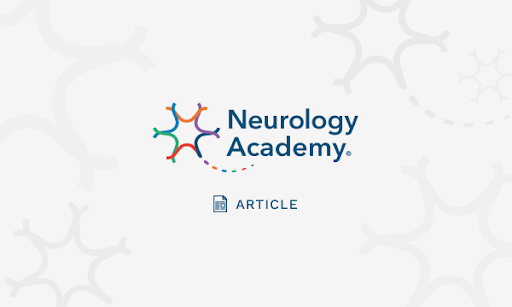Scientists may be able to diagnose Parkinson's via the eye
KnowledgeExciting new research suggests there may be a new, cheap, and non-invasive way to diagnose Parkinson's - through an eye examination.
The retina of the eye, recognised as being a 'window to the brain', could provide the visual access needed to view and diagnose neurological conditions such as Parkinson's disease.
A team of researchers at the University of Florida have combined images from the back of the eye, and a form of artificial intelligence called a support vector machine to detect signs of Parkinson's in individuals.
Parkinson's disease affects the microscopic blood vessels in the retina, making them smaller, as well as thinning the walls of the retina itself due to nerve cell decay.
This new approach to diagnosis uses basic photography methods that most eye clinics are equipped with, but even a smartphone camera will suffice when a special lens is added to it.
The most successful machine algorithms tested were able to detect Parkinson's to a 70% rate of accuracy amongst samples of 476 and 144 people where half of each sample had Parkinson's.
'It’s just a simple picture of the eye, you can have it done in less than a minute, and the cost of the equipment is much less than a CT or MRI machine,' Maximilian Diaz, one of the study leads, noted in a recent press release from the Radiological Society of North America.
The team suggests that making this form of eye examination an annual screening test could enable early identification and diagnosis, in turn could leading to more opportunities to slow or halt disease progression.
This area of research could hold potential for other neurological conditions such as Alzheimer's and multiple sclerosis, offering hopes of simple, accessible, and low-cost diagnosis options for the future.
To find out more, read the press release, view their poster, or watch a video of the researchers presenting their work.
Related articles
'The things you can't get from the books'
Parkinson's Academy, our original and longest running Academy, houses 23 years of inspirational projects, resources, and evidence for improving outcomes for people with Parkinson's. The Academy has a truly collegiate feel and prides itself on delivering 'the things you can't get from books' - a practical learning model which inspires all Neurology Academy courses.


